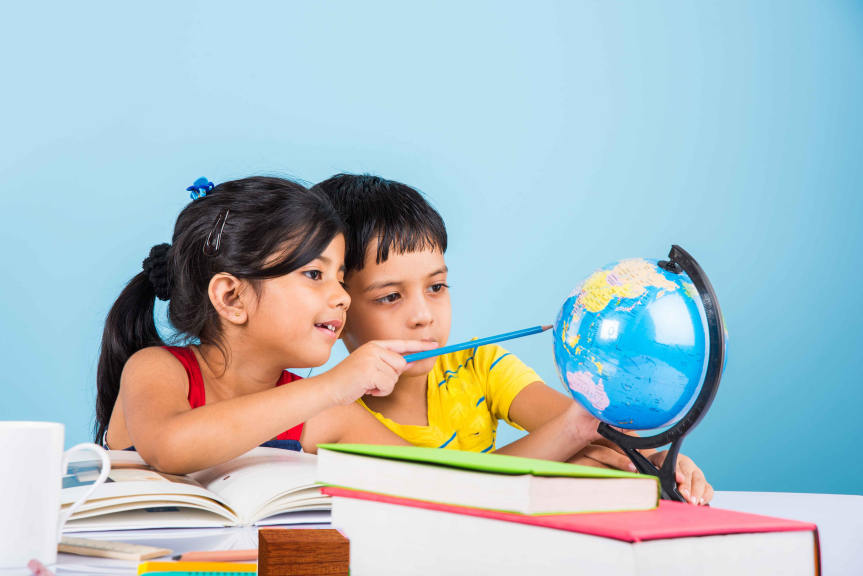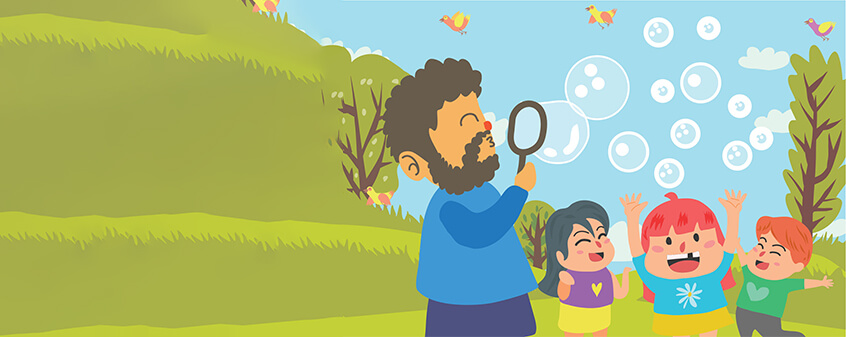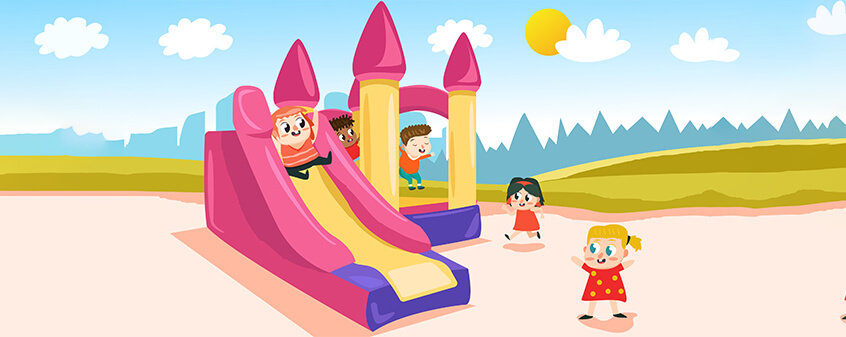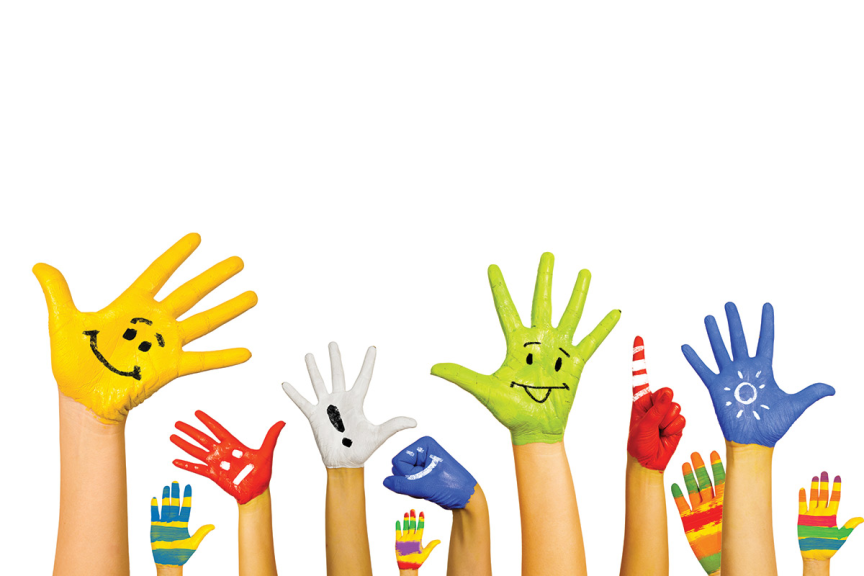Will Tomorrow Define Your Child? Or Will Your Child Define Tomorrow?
In Today’s World, Change is the Only Constant. The concept of success has changed and so have the skills required to be successful in the 21st Century.
The world has moved from the Agricultural to Industrial and then the Information Age; it has now progressed to the Conceptual Age. Yet pedagogies in schools are left behind in the Industrial Age, wherein they think of children as products on a conveyor belt.
The US department of labour states that ‘65 percent of children entering grade school this year are likely to encounter work profiles that are not even in existence by the time they graduate.’
Our job as leading educators is to equip children socially and emotionally and make them confident lifelong learners. This will help them to be completely ready to succeed in an ever changing world. A world we cannot envisage yet, a world that will change things drastically, a world where manual jobs will be done by robots.
Digital Revolution, Globalisation and neuroscientific research are the three forces that have changed the context of the world. Learning experiences are constantly redesigned to include new research in neuroscience. Technology is shifting the way our children will socialise, work and find a sense of purpose in their adulthood. We use this data and place a greater emphasis on the types of skills we need to focus on developing, such as collaborative problem solving and critical thinking.
Learning in the future will be an exciting challenge an adventure for the 21st century learners. If we teach today’s students as we taught yesterday we rob them of tomorrow.
Technology is undeniably changing the face of education and the impact is already visible.
It is impossible to envisage a classroom without technology in the next 5 years.
Children today are actively exposed to using technology from an early age.
When used appropriately and in moderation, technology and media can enhance children’s cognitive and social abilities. Technology and media offer opportunities to extend learning in early childhood settings in much the same way as other materials, such as blocks, manipulative, art materials, play materials, books, and writing materials. Screen media can expose children to animals, objects, people, landscapes, activities, and places that they cannot experience in person. Technology can also help children save, document, revisit, and share their real-life experiences through images, stories, and sounds
The future of learning will largely depend on using a balanced approach i.e. technology, social –emotional skills and personalized learning supported by engaged teachers.
Today’s kindergartners will graduate better prepared for their futures if they have a strong social and emotional foundation that is developed in a personalized learning environment, according to new Microsoft – commissioned research conducted in collaboration with McKinsey and company’s education practice. The study revealed new insights into the knowledge and experiences students will need to be “life – ready” and not simply “work – ready”.
Personalization is among the most effective means for accelerating academic and cognitive growth. Students want to be creative and believe they learn more when they have greater voice and choice and receive personalized feedback. Students who receive personalized instruction perform better than 98% of traditionally taught students. (Source: Microsoft Education Class of 2030)
Moving beyond 21st century learning. Students place a greater emphasis on the importance of creative, social emotional and technology skills than teachers do. The jobs of the future will also place a premium on these capabilities.
(Source: Microsoft Education Class of 2030) Impact on job readiness: Only 42% of employers believe new graduates are adequately prepared for the workforce, especially with social and emotional skills.
The role of teachers is amplified
Students in this study want skilled, trusted teachers who know them personally. Teaching as a profession is one of the least likely to be automated in the future, so maintaining strong teacher – student connections remains more important than ever.
Technology creates opportunity
Personalised, inclusive and immersive learning experiences fostered by technology create opportunities to develop emotional and cognitive skills in conjunction with academic learning.
This was the part where technology and personalized learning play an important role. However it is imperative to understand that we will have to work very hard towards making our children emotionally stable and strong for an uncertain future that awaits. The bigger question today is how do we prepare children for jobs that are not even in existence yet?
Let’s take A Peek into the Future:
World Health Organization states that by 2030, depression will be the largest crisis facing mankind. Armed with this knowledge and our understanding of neuroscience our children learn about the power of their thoughts and ‘internal stories’ at a very young age. Throughout our structured (reading, storytelling, concept teaching) to our unstructured activities (activity corners, drama and free play) we reinforce ‘habits of mind’ that lead to: self motivation, confidence and emotional resilience. We know that high IQ without the ability to manage challenge and stress will not serve your child when he / she becomes an adult.
Schools today need to have a more holistic curriculum that oversees the development of all the domains in a child - cognitive, psychomotor and affective domain - the head, heart and body. That way children will be equipped to deal with diverse situations of a demanding future. A ‘demanding’ future as no one is able to predict what this future will look like.








